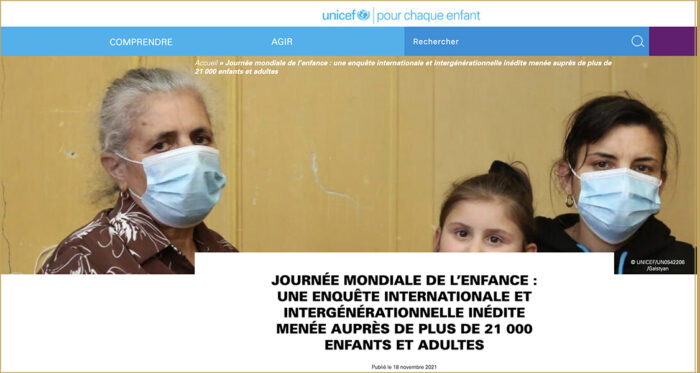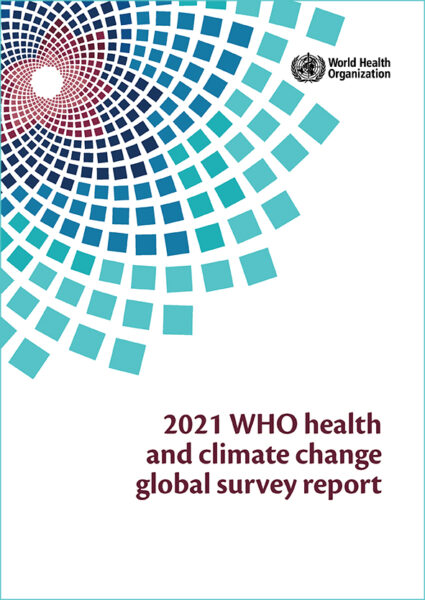The Programme for International Student Assessment (PISA) is one of OECD’s programmes undertaking comparative evaluations of education systems in member countries. PISA sets out to assess their overall efficiency, relative both to other countries and to certain criteria considered to be essential to their pupils’ future. The assessment looks not at a particular level of schooling, but at 15 year olds in different countries, regardless of their class year. Using a carefully designed questionnaire, PISA assesses the students’ level of competence (and not strictly their knowledge) in three areas -understanding of the written word, mathematics and science. The aim is to monitor both their knowledge and their ability to apply it in practice in their daily lives.
Jean-Luc Heller and Georges Lemaître present here the methods and results of the assessments carried out by PISA in 2000. Finland comes out top; France is near the OECD average for reading comprehension and science, but above the average for mathematics. France therefore has roughly the same ranking as the USA, ahead of Germany, Italy and the Russian Federation but behind Japan, Canada and the United Kingdom.
Furthermore, PISA 2000 permits insights into how far countries have internal disparities in standards within the overall results. This reveals that the range of standards is smaller than the average in France (fewer very poor and very good students than the OECD average), in contrast to the UK and Germany. But some of the countries near the top of the league table manage to register both a high level of overall performance and small differences in standard nationally (Finland and Canada, for example).
Finally, the authors present the breakdown by sex of pupils, their social class and whether or not they are foreigners. In this way, they attempt to draw conclusions from the quality assessments for the various national education systems, and especially for France. One finding is that in France the pupil’s socio-economic background has a greater influence on performance than the average for OECD countries; the authors comment that this result is somewhat unexpected. This example, like many others, highlights the value of such international comparisons: measuring perceptions of performance and of the quality of education systems against external yardsticks.
Une évaluation internationale des acquis des élèves
Cet article fait partie de la revue Futuribles n° 279, oct. 2002



